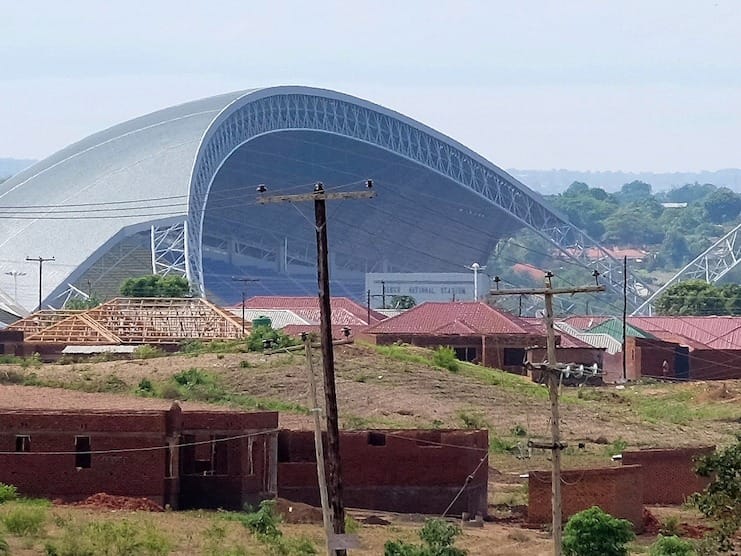China pushed back against skeptics of its ambitious Belt and Road Initiative, promising a "high quality" $1 trillion global infrastructure program involving more than 150 nations and international organizations.
Concluding its second forum on the initiative in Beijing, China's President Xi Jinping pledged greater transparency and clean governance in response to international skepticism that the project launched in 2013 will spread Chinese influence through so-called debt trap diplomacy. The first such forum was held in 2017.









